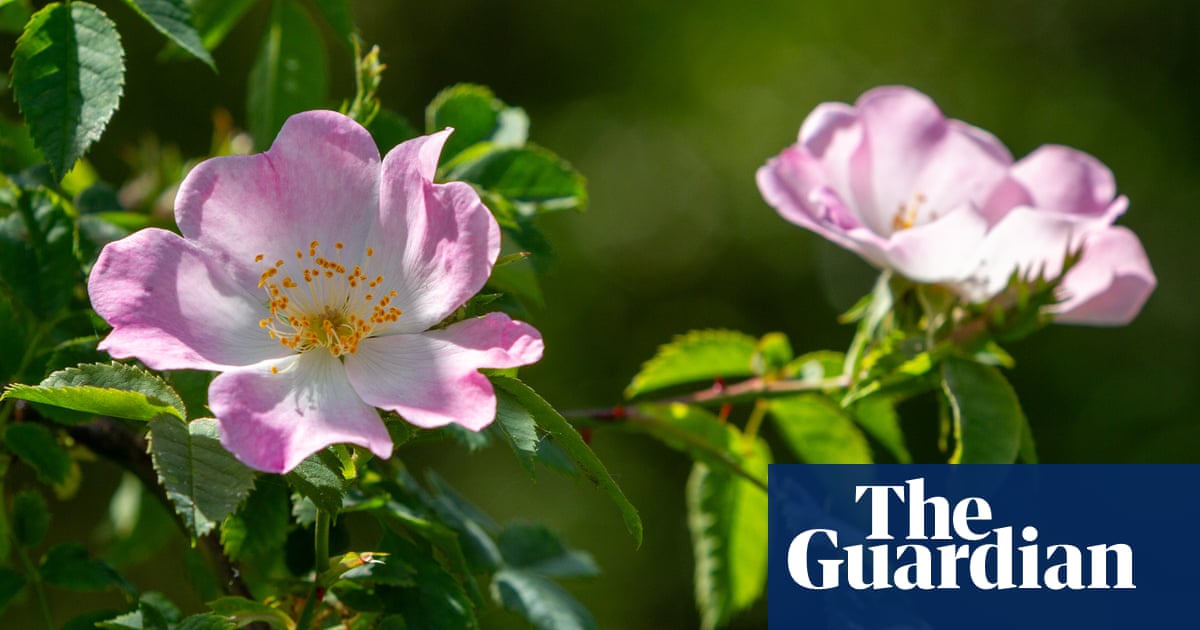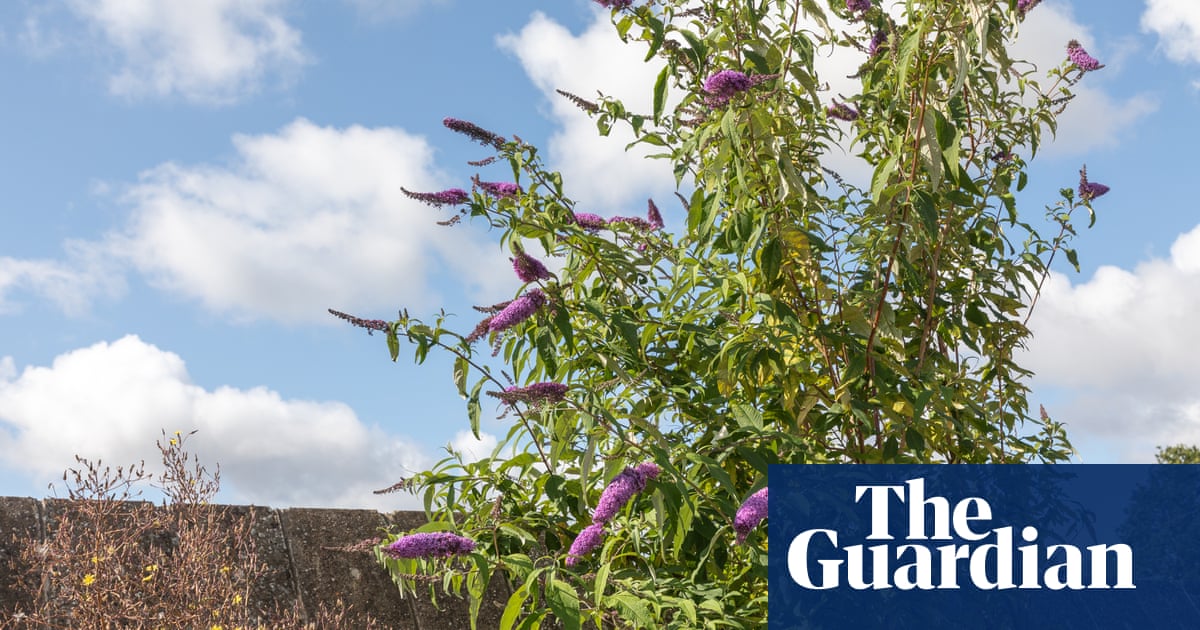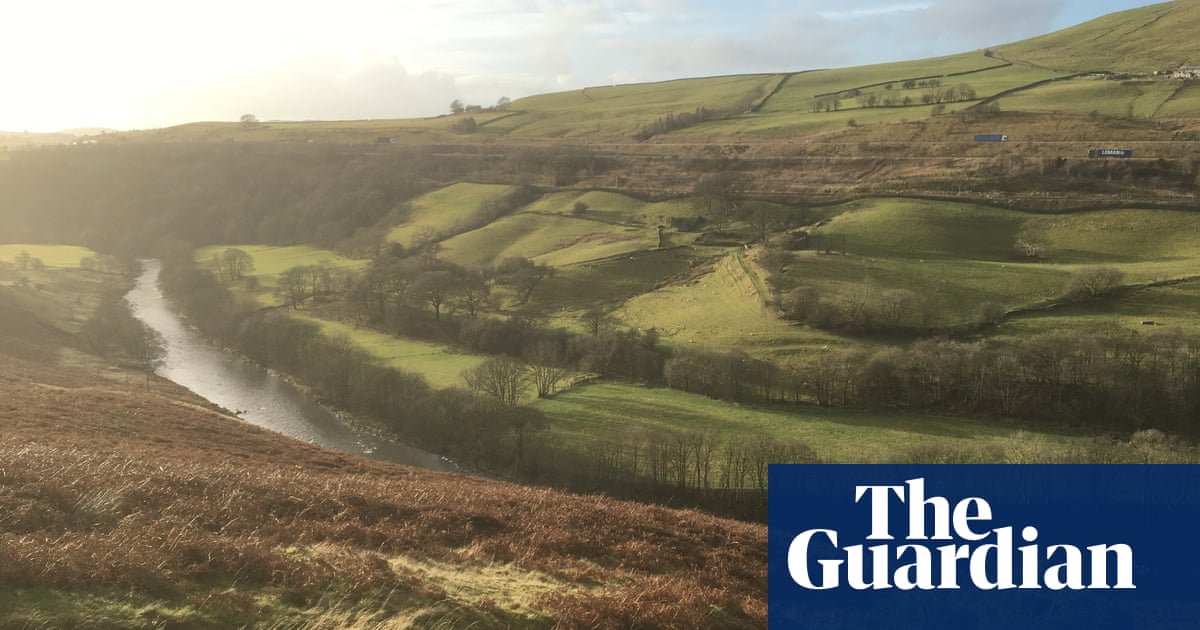
The numerous bird feeders here are permanently stocked and flocked around by garden birds. Long-tailed, blue, coal and great tits pop up every second or so; and sparrows come and go with goldfinches, while reed buntings and nuthatches slip in and out among the gaps. But the briefest, most maddening, if most wonderful of all, are the willow tits.
I see them usually not as they arrive, but as they leave. They zip in, but intermittently and invariably when you’ve dropped your guard. Again! All they gift you is a mean, hard, visiting call – the driest avian sound in Britain – an invertebrate Zi zi taah taah, like the small complaint of an angry insect.
Despite willow tits retaining wide breeding presence through middle England, most people never see them, partly because this verve-filled fidget is so elusive, but also because it has an identical twin – the marsh tit. Almost all features said to be diagnostic of one or the other I have recorded on the wrong species. They’re so alike that not a single Briton twigged there were two black-capped, caramel-backed tits here, until two German ornithologists put us all straight in 1911.
Alas for us, this never-you-see-me bird is going again. Willow tits have declined by 94% since 1970 and half of its old range is now blank. Yet continental willow tits recur throughout Eurasia’s woodlands from Amsterdam to Vladivostok. So does it matter? It matters to the poet Steve Ely, who dedicated the slenderest volume to the willow tit with his wonderful pamphlet Zi-zi Taah Taah Taah. Few British birds, except Ted Hughes’ mythopoeic Crow perhaps, are so honoured with poetry that is so densely allusive yet of such thematic grandeur. It is a sort of Waste Land for the willow tit.
Try to see the beast and you’ll know why Ely wrote with such passion and why willow tits so deserve a place in our poetry and our land. But the best spot I know to do it is here, where the strange, disconcerting context makes it seem like meeting a small beloved god – say, Vincent van Gogh – in the queue at McDonald’s.












